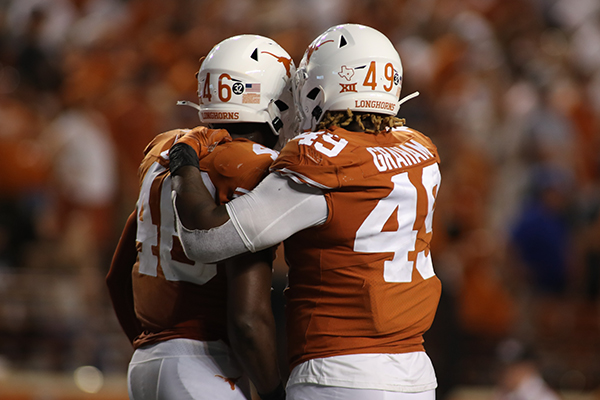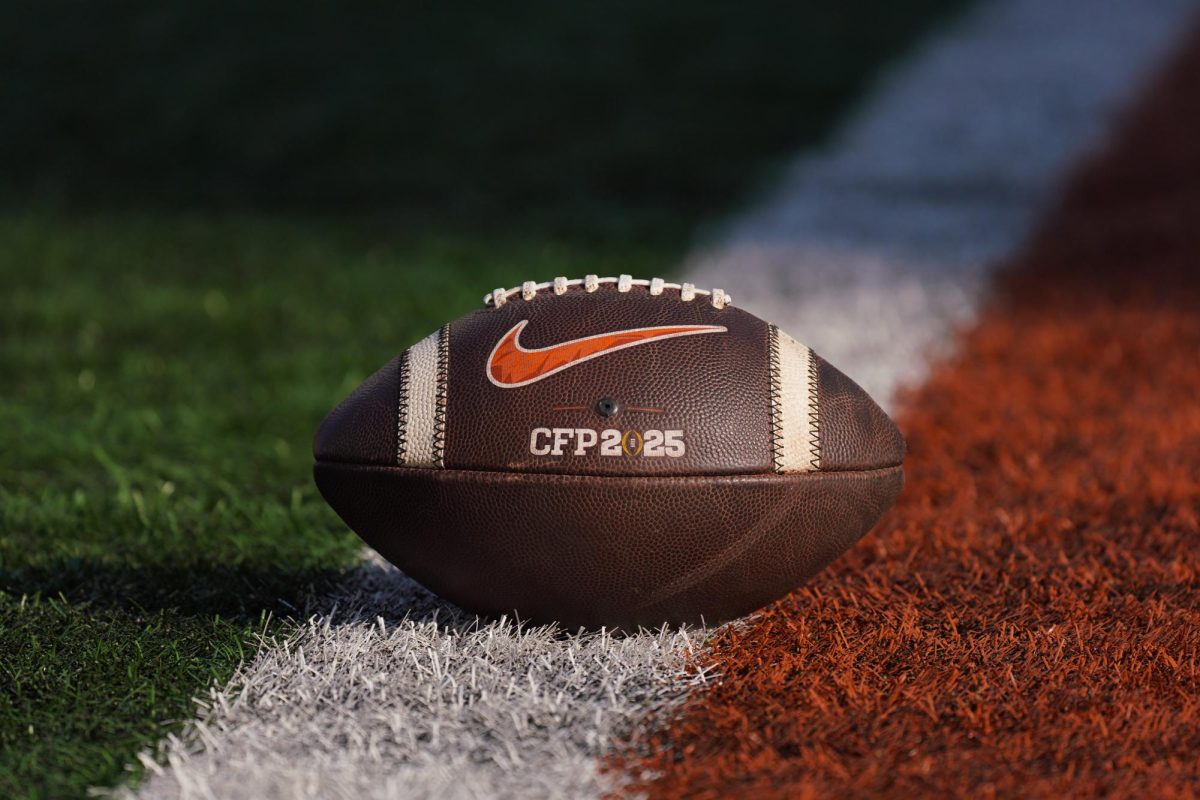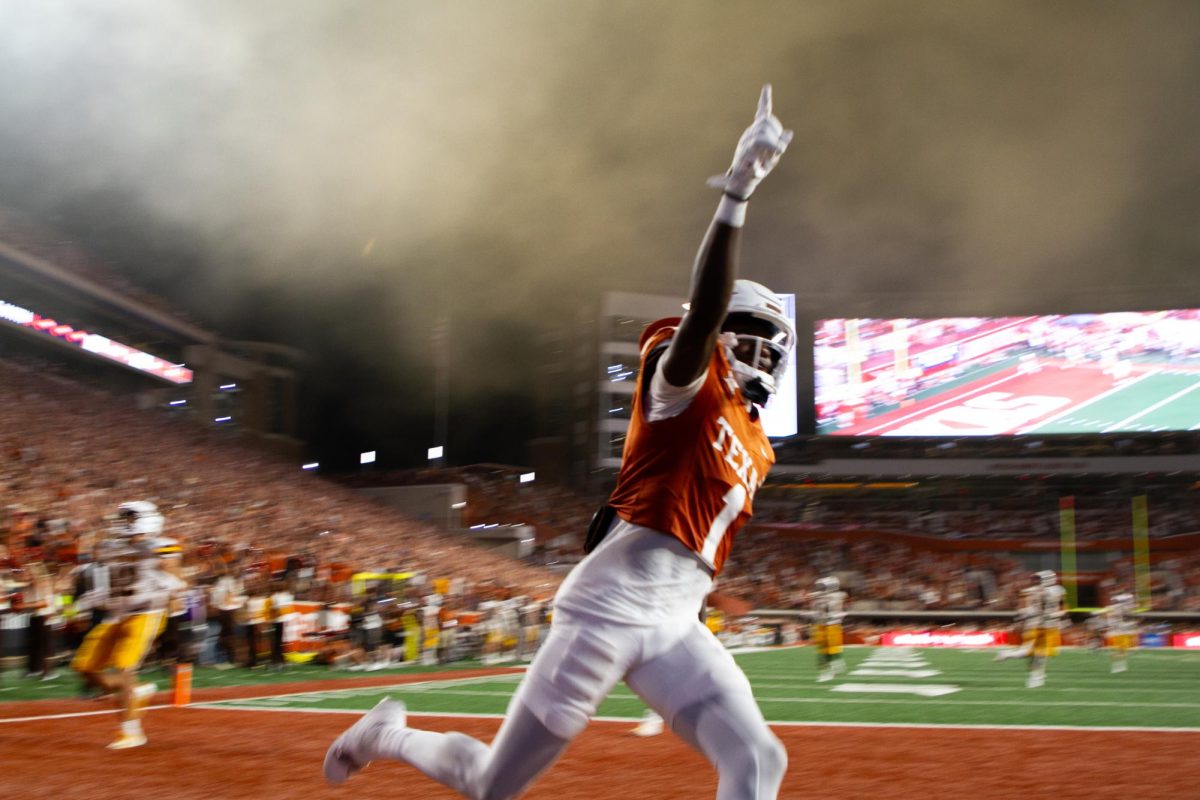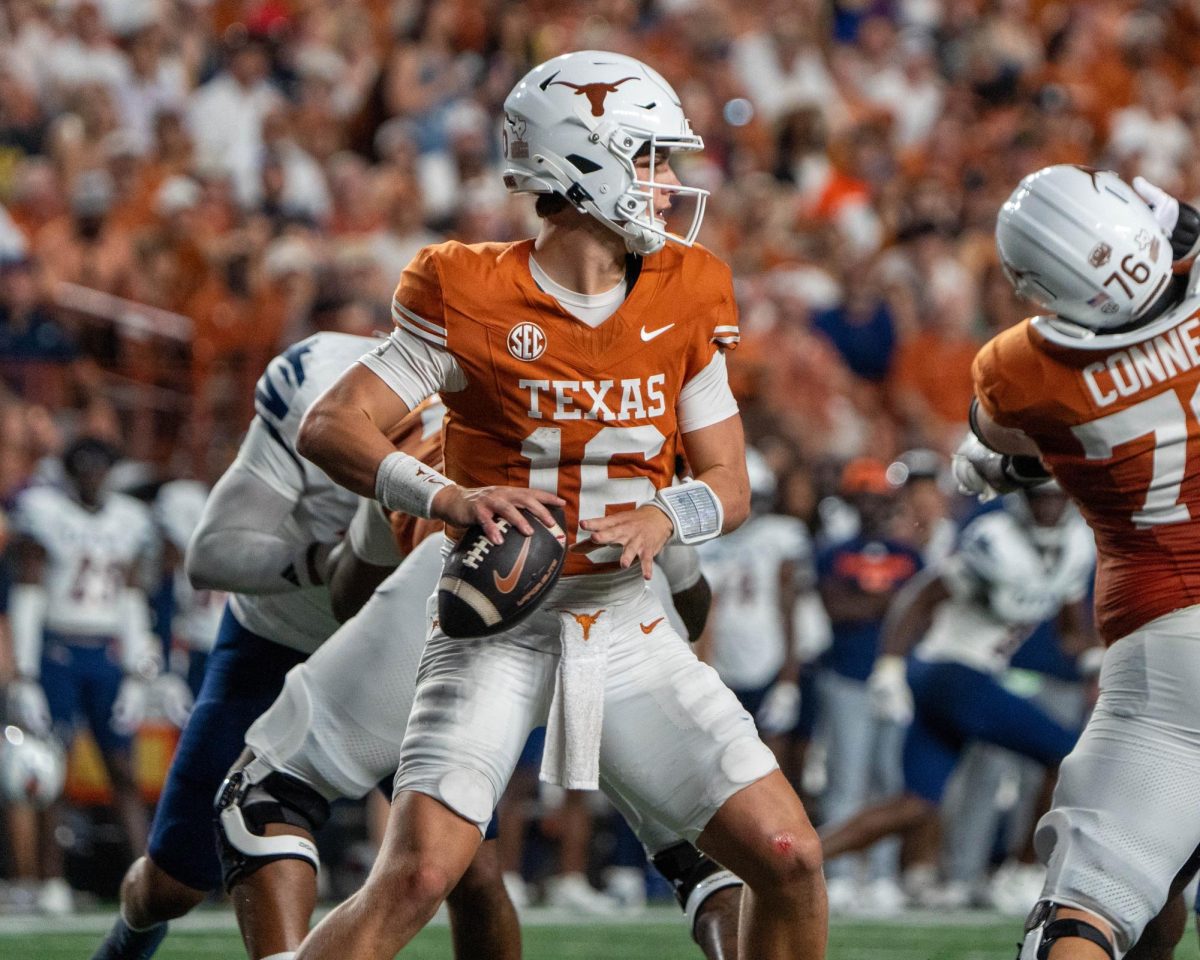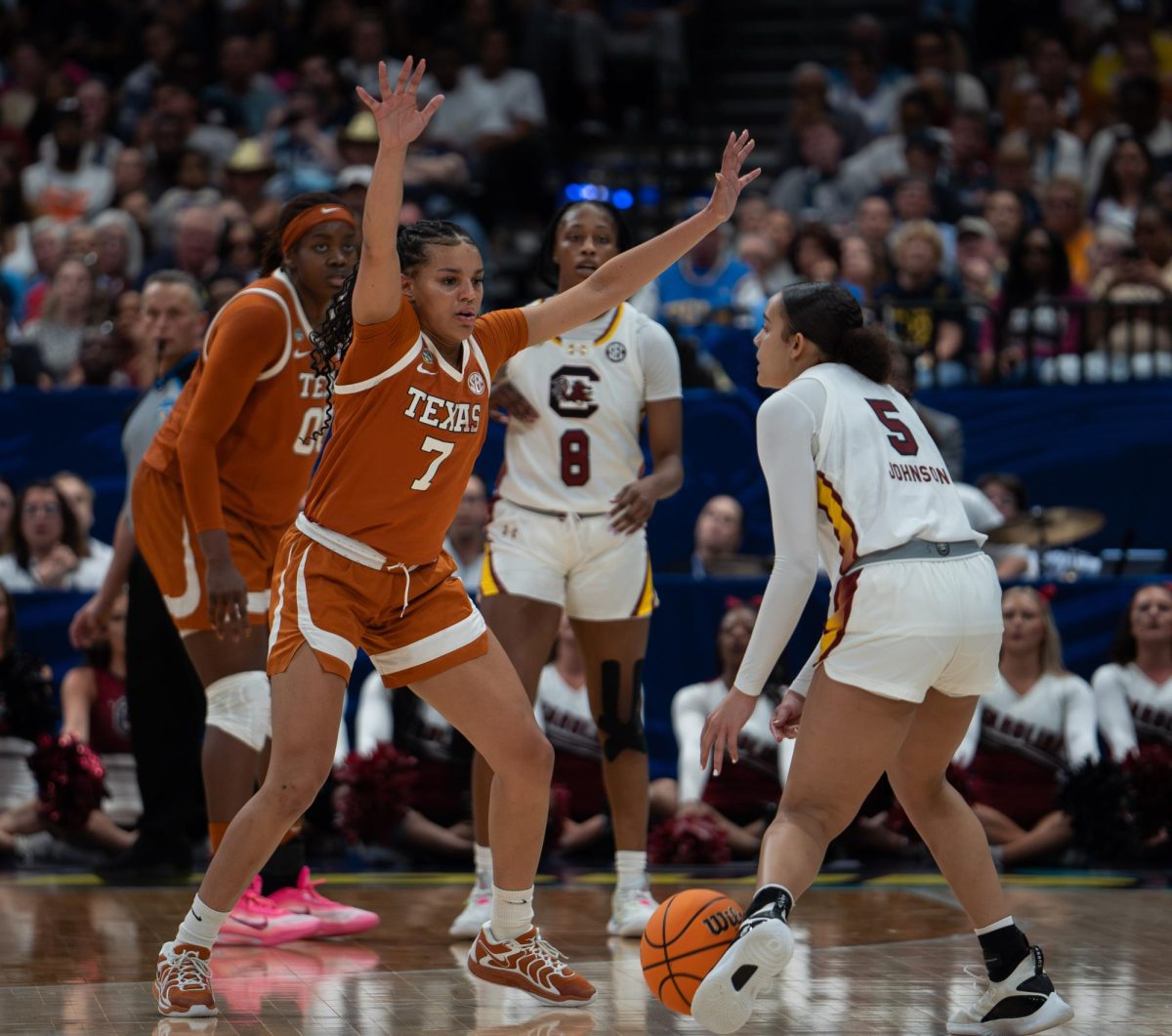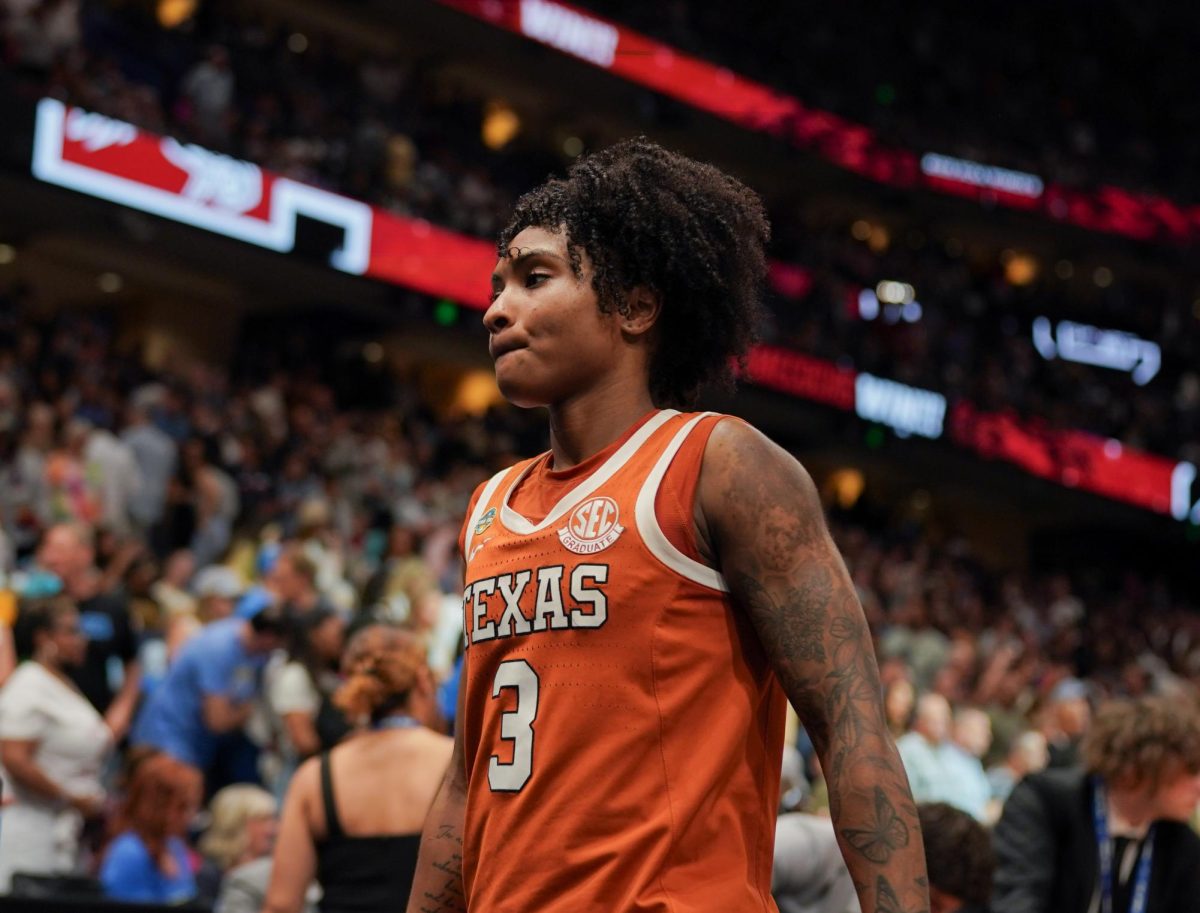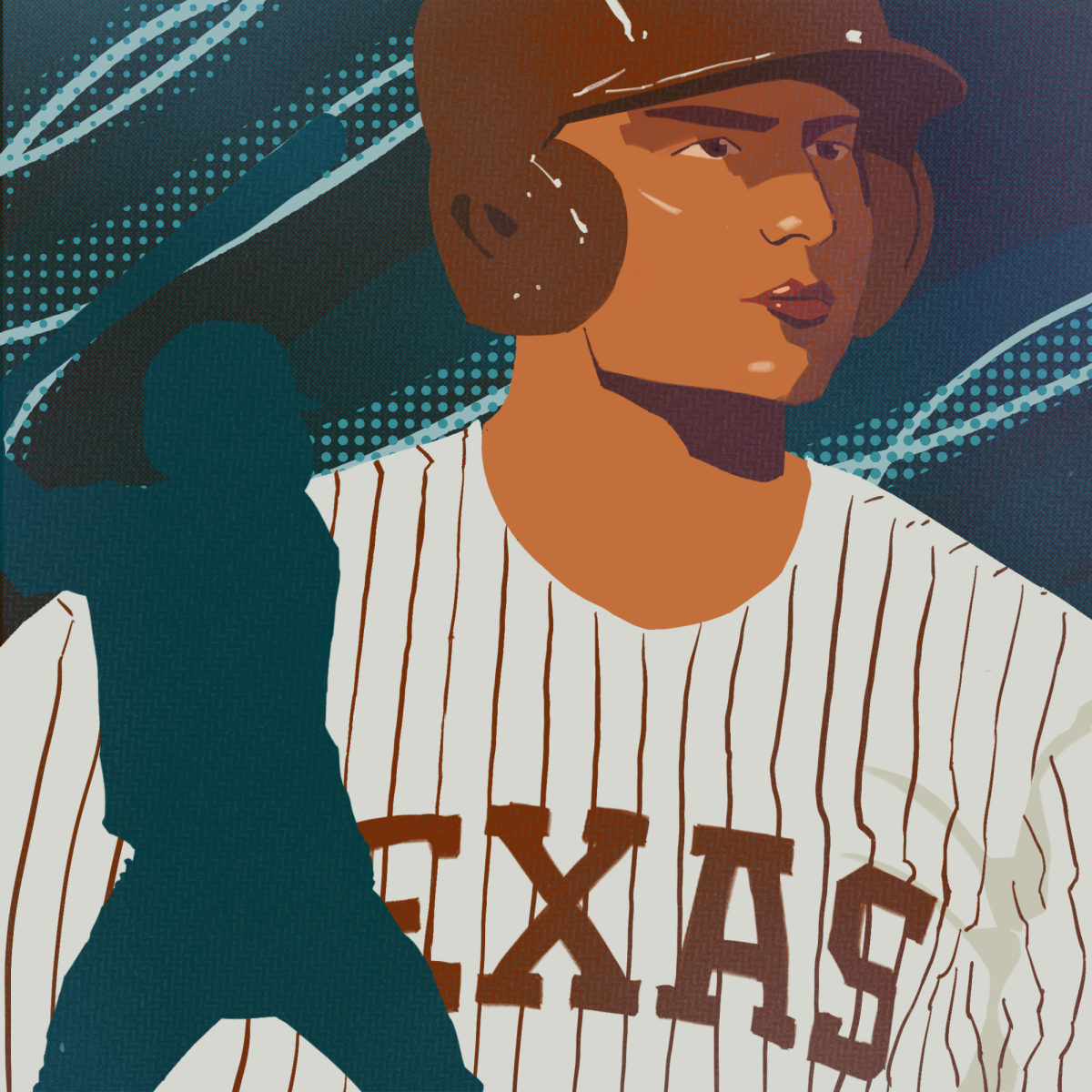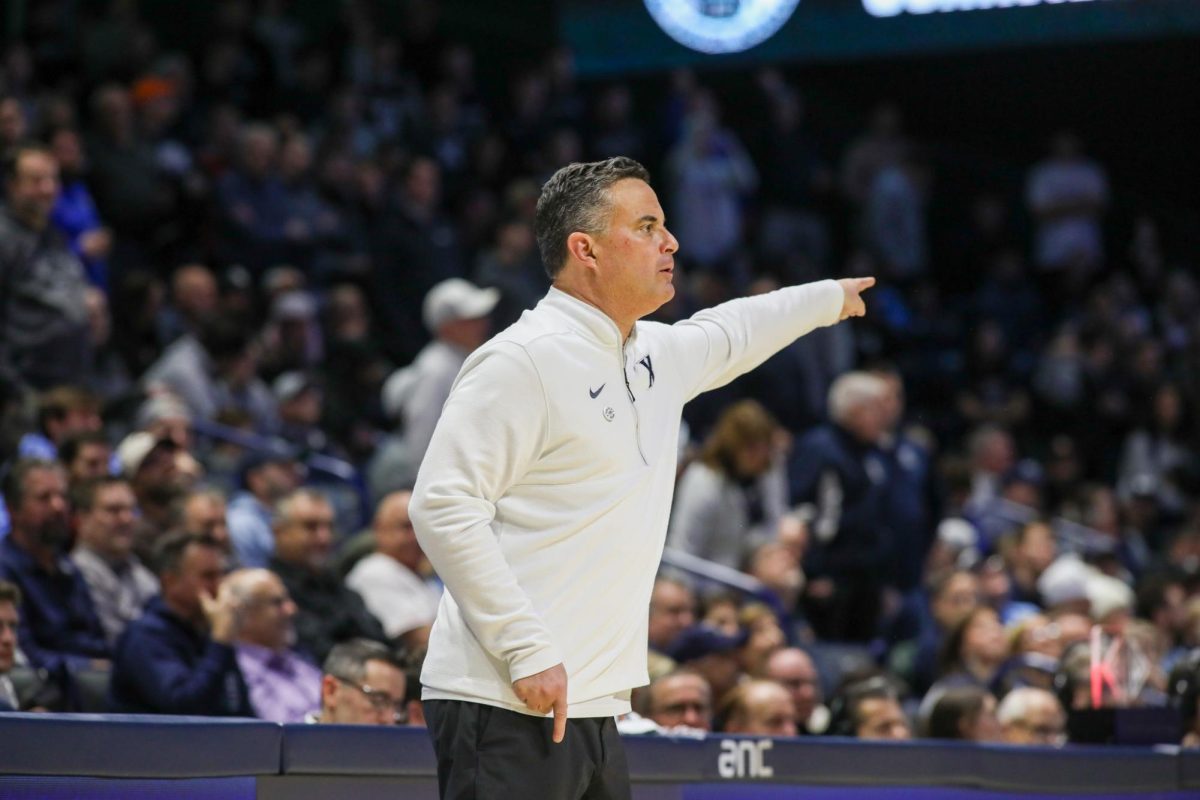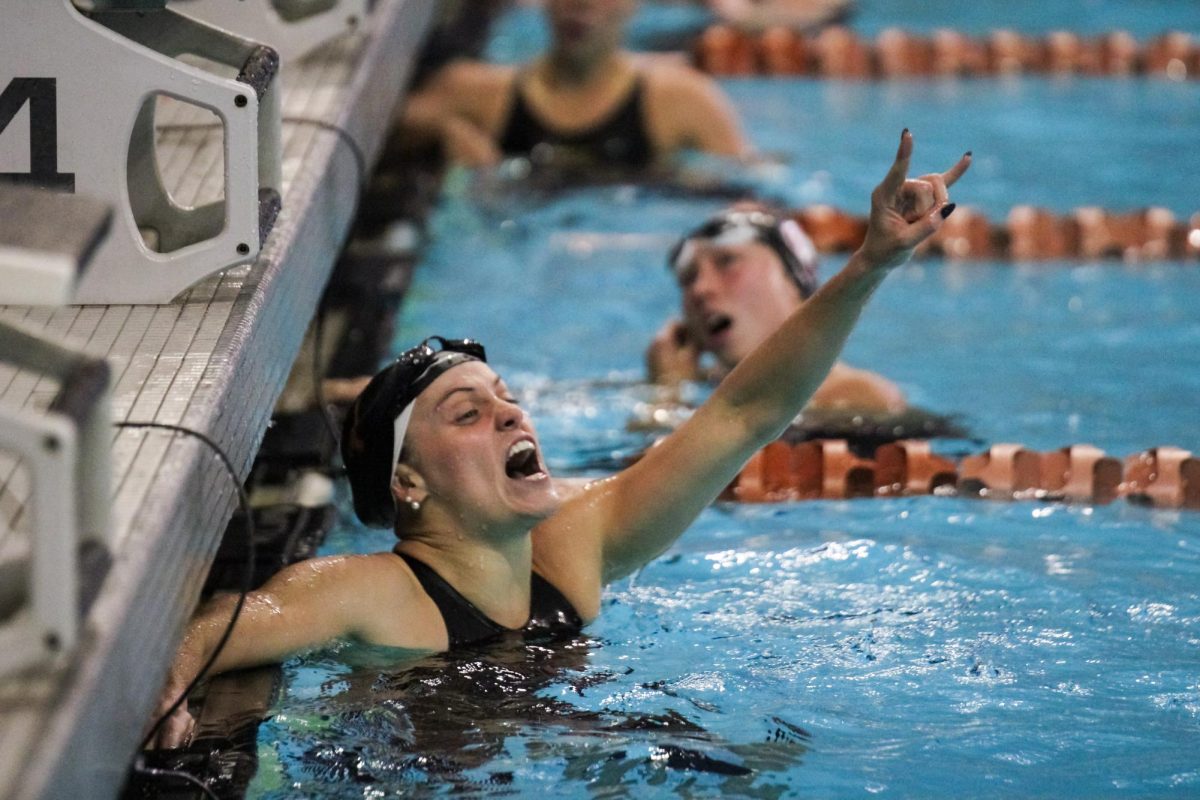When former Texas cornerback Kobe Boyce opened up about his struggle with depression and announced he would be leaving the program to prioritize his mental health July 18, sports fans across the country rallied around him. They wished him the best, opened up about their own battles with mental health and applauded him for his bravery. Senior Texas offensive lineman Sam Cosmi also opened up about his struggle with anxiety during his first year at Texas in a NCAA video about mental health.
Unlike Boyce and Cosmi, some athletes are scared of coming forward with their stories because of characters like FOX Sports’ Skip Bayless, who scoffed at the idea that Dallas Cowboys quarterback Dak Prescott was dealing with depression and anxiety due to the pandemic and his brother’s suicide in April.
“If you reveal publicly any little weakness, it can affect your team's ability to believe in you in the toughest spots,” Bayless said on FS1’s “Undisputed.” And it definitely can encourage others on the other side to come after you.”
These insensitive comments are clear manifestations of the perpetual toxic ideals that surround all athletes, specifically male ones. It’s a toxicity that Longhorns like Boyce, Cosmi and former Heisman running back Ricky Williams have spoken out about. Fans, athletes and coaches need to combat negative stigmas surrounding mental health and foster collegiate programs that allow athletes to feel like their best selves — not just physically, but mentally.
Weakness has never been an option in football. The “next man up” mentality leaves no room for error, and weakness only opens up a spot on the bench. The stereotypes surrounding weakness usually follow the same playbook: not being fast enough, not being strong enough, not being smart enough. As Bayless heinously pointed out, when a player opens up about their mental health struggles, it becomes a convenient excuse.
“If (players) introduce the idea that they may be struggling with mental health problems, people are going to go that route,” said Aaron Rochlen, a professor in educational psychology. “The irony is that them acknowledging it means they're probably getting good help … but folks who struggle with seeing mental health as a legitimate health issue are going to see them as weak.”
There is no shame in being human. The idea that athletes should compartmentalize hits at the heart of sports. Rochlen said that sports in the past served as a positive distraction from the chaos in the world around us. But with so many platforms for players to express themselves, the role of the athlete has changed from the “larger than life” figure to the vulnerable young adult who has struggles outside of their sport.
Bayless’ comments only discourage players from coming forward with their stories. With online critics hiding behind social media handles and sports personalities’ desperate ploys to have a “take,” the anxiety of being in the spotlight while dealing with a personal issue is debilitating. It was so debilitating for Williams that he wore his tinted visor and helmet to press conferences because of his social anxiety disorder.
That’s why fans, teammates and coaches must continue commending and supporting athletes when they come forward with their stories. Bravery on a team is displayed not only when someone takes down a 300-pound lineman but also when players speak out about very real and personal matters that affect everyone.
Players’ self-expression shouldn’t end when they leave the football field. Their voices will encourage others to speak out their own personal struggles and inspire their teammates to do the same.

